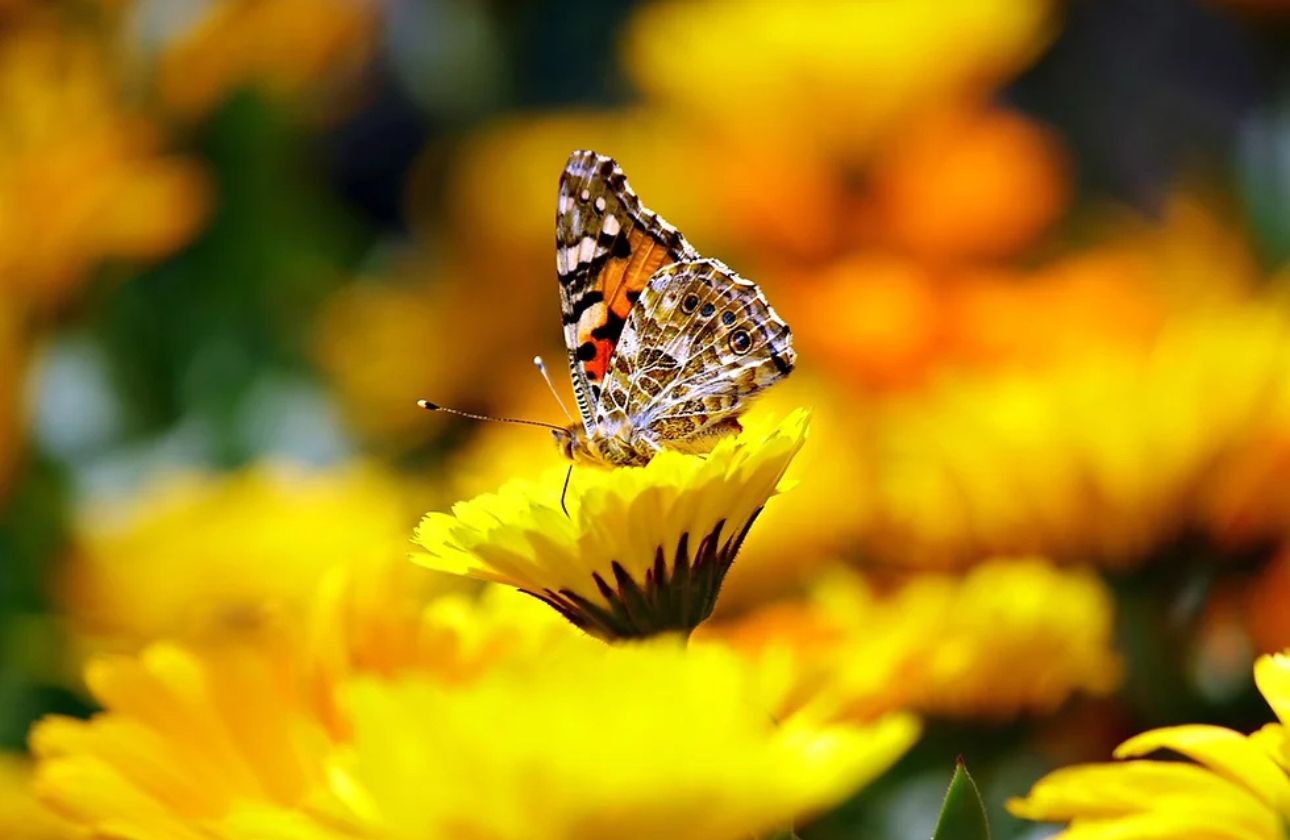The Role of Pollinators in Ecosystems
Pollinators, including bees, butterflies, birds, and bats, play a critical role in the health of our ecosystems. They contribute to the reproduction of many plants, which in turn support wildlife and human food systems. Without these essential creatures, the balance of our ecosystems would be severely disrupted, leading to a decline in biodiversity.
The Importance of Biodiversity
Biodiversity refers to the variety of life forms in a given habitat or ecosystem. It is vital for ecosystem resilience, allowing environments to adapt to changes, such as climate shifts or human activity. Pollinators contribute significantly to biodiversity by facilitating the reproduction of flowering plants. In fact, over 75% of the world’s flowering plants rely on pollinators to reproduce, highlighting their importance in maintaining healthy ecosystems.
Threats to Pollinators
Despite their critical role, pollinators face numerous threats, including habitat loss, pesticide use, climate change, and disease. Urban development often leads to the destruction of natural habitats, while agricultural practices can expose pollinators to harmful chemicals. Climate change further exacerbates these issues by altering the availability of flowers and nesting sites.
Conservation Efforts
Conservation of pollinators is essential for sustaining biodiversity. Several initiatives focus on protecting their habitats, reducing pesticide use, and promoting sustainable agriculture. Some effective strategies include:
- Establishing protected areas that serve as habitats for pollinators.
- Supporting organic farming practices that eliminate harmful chemicals.
- Planting native flowering plants that provide food sources for pollinators.
How You Can Help
Individuals can also contribute to pollinator conservation. Here are some simple actions:
- Create a pollinator-friendly garden with diverse plants.
- Reduce pesticide use at home and in your neighborhood.
- Participate in local conservation programs.
By taking these steps, we can help ensure that pollinators thrive, leading to a more robust ecosystem and greater biodiversity overall.




Comments (0)